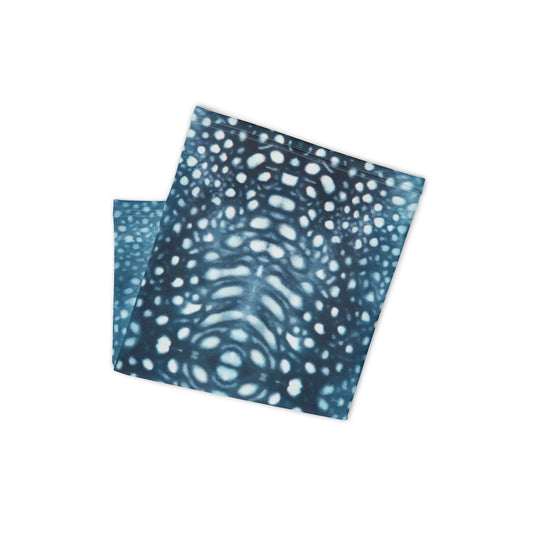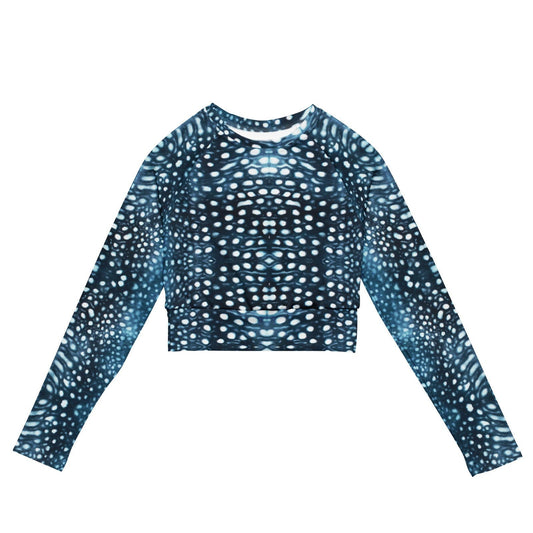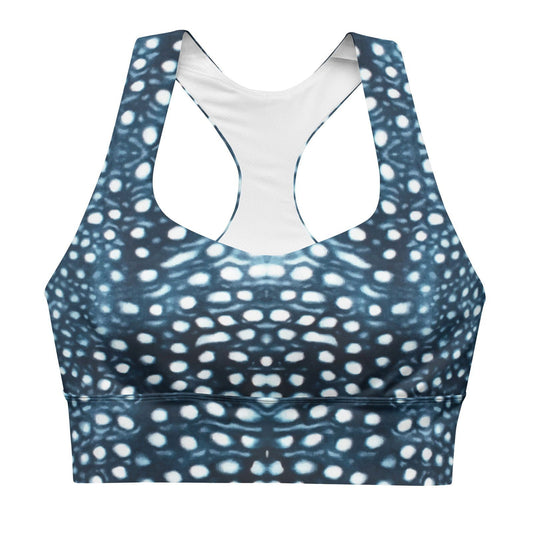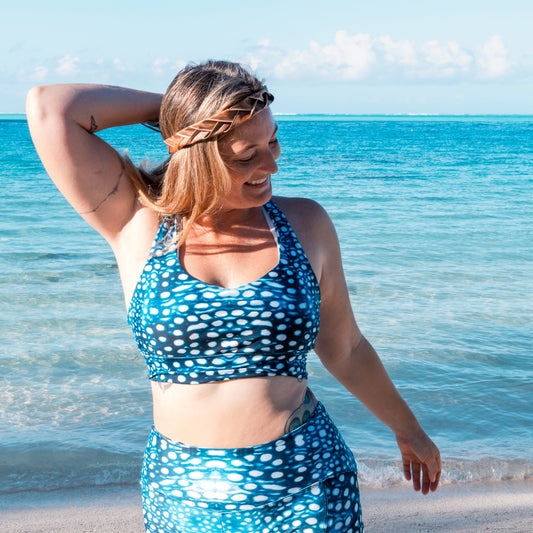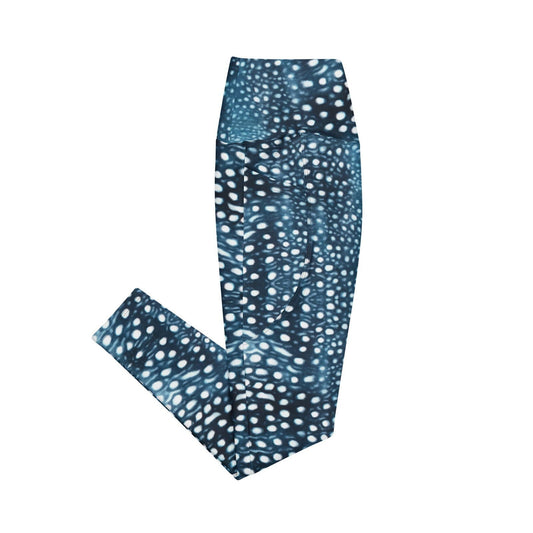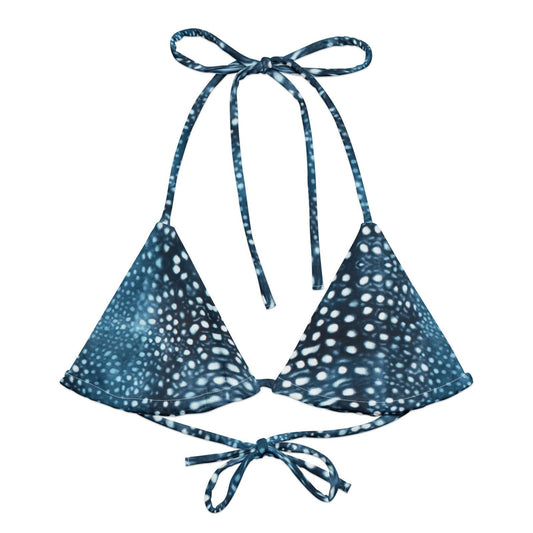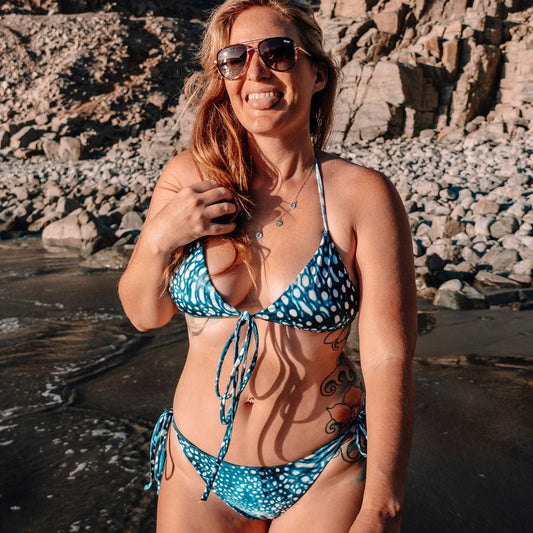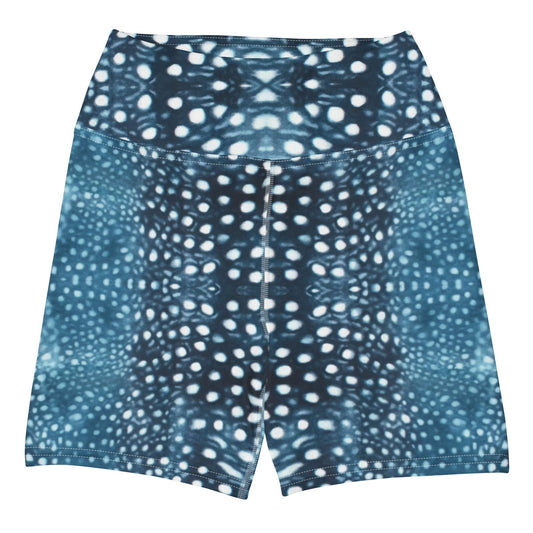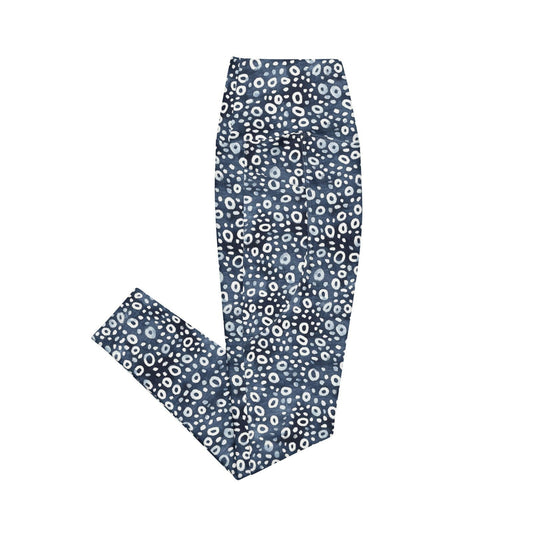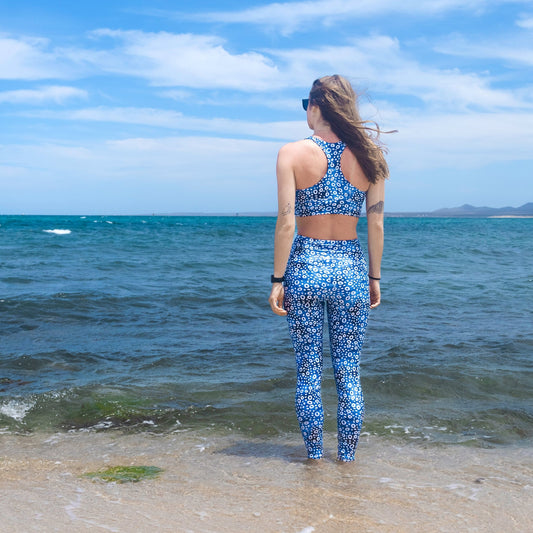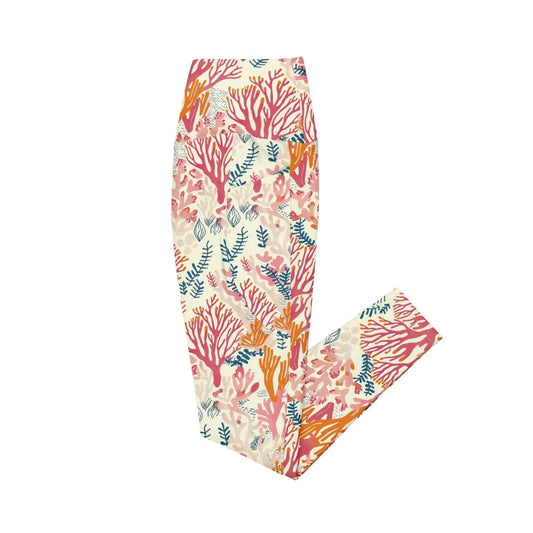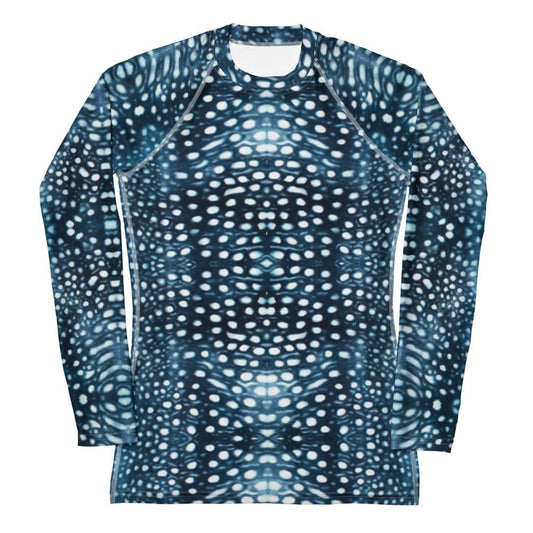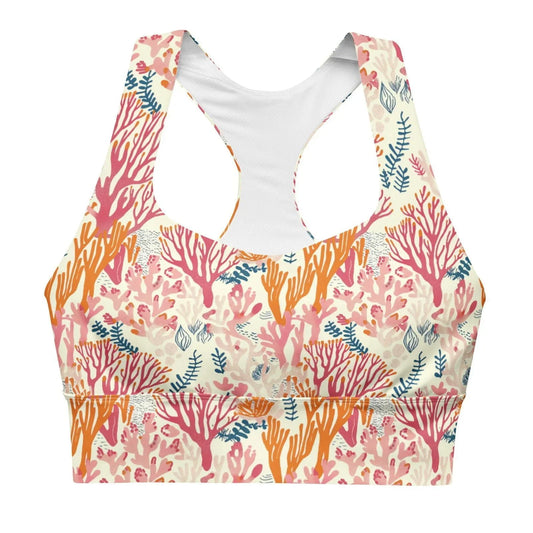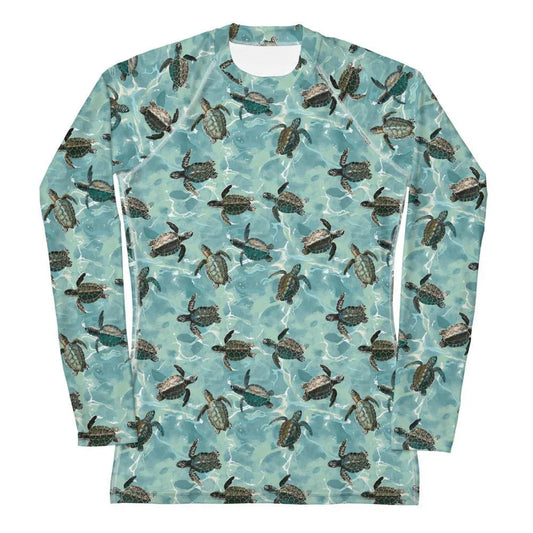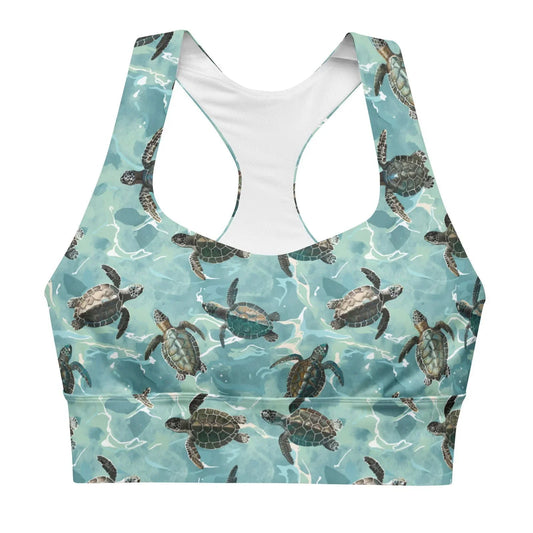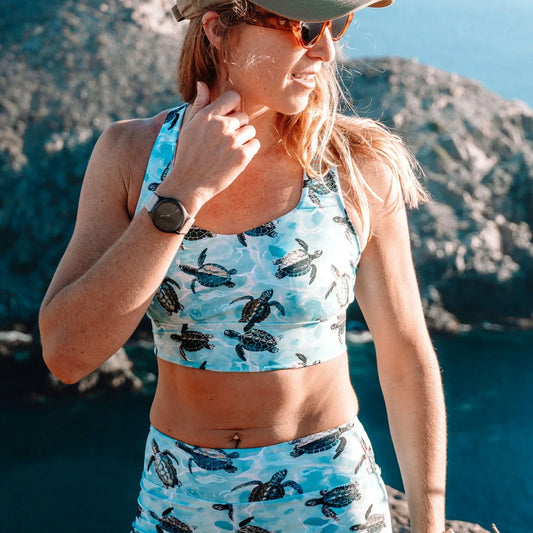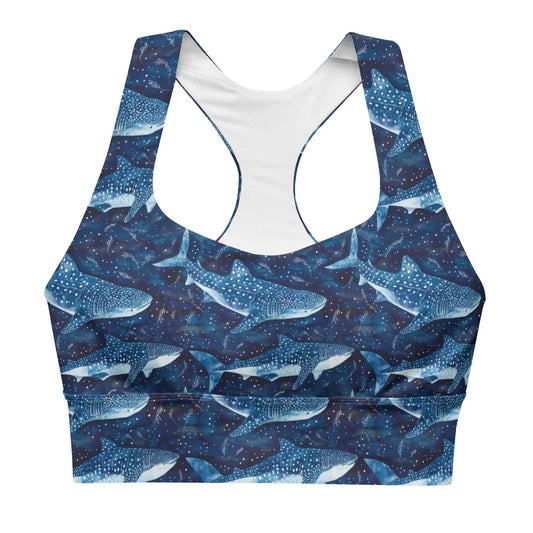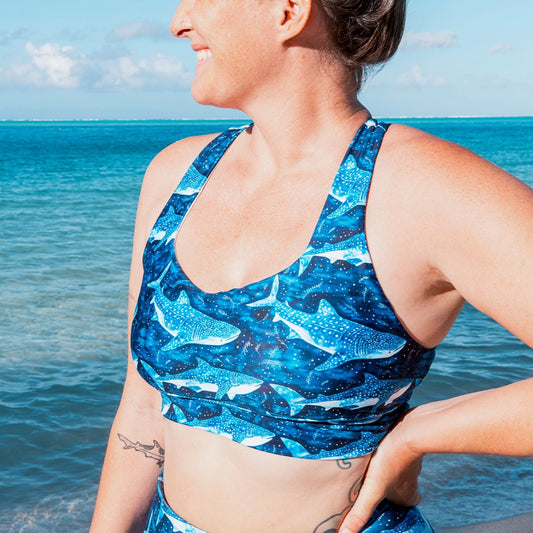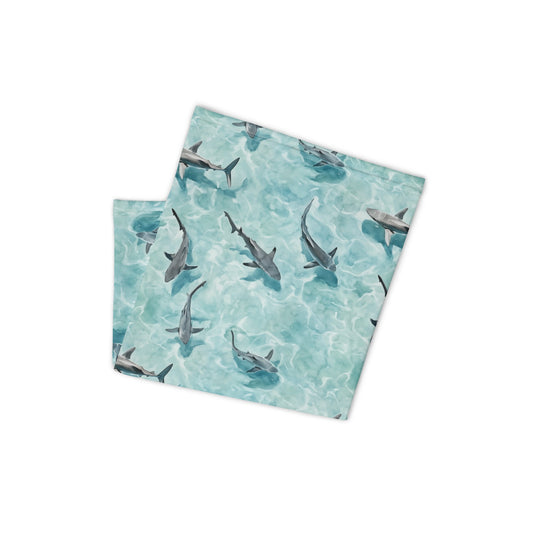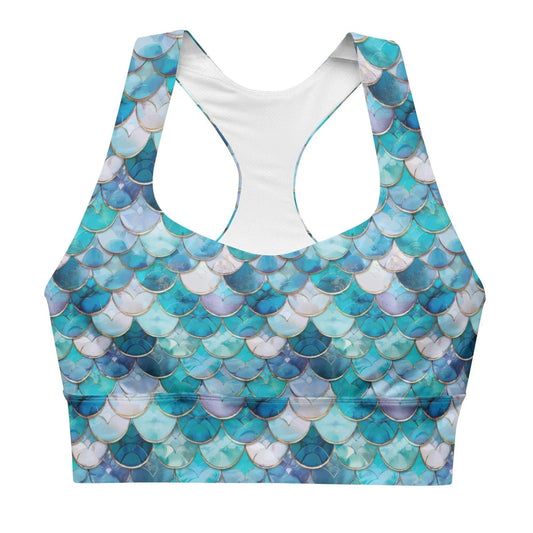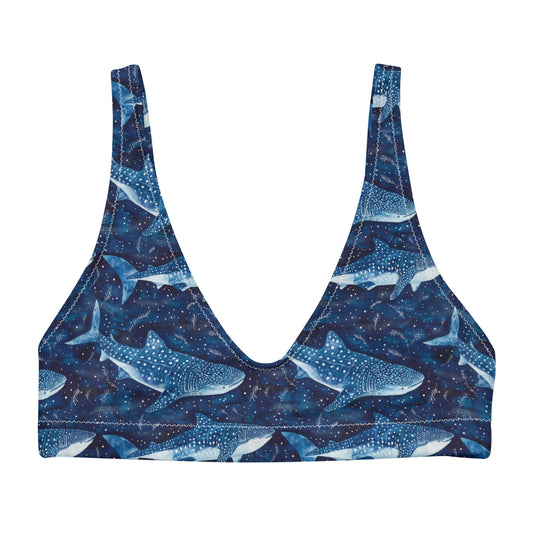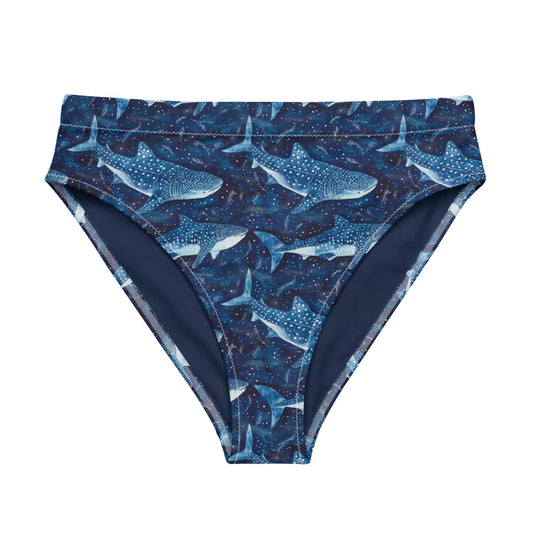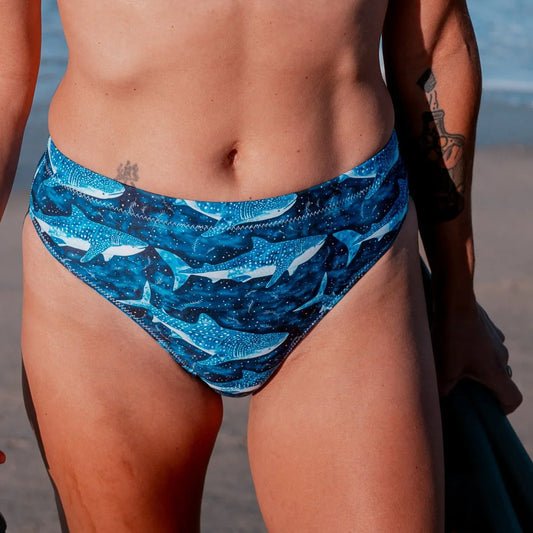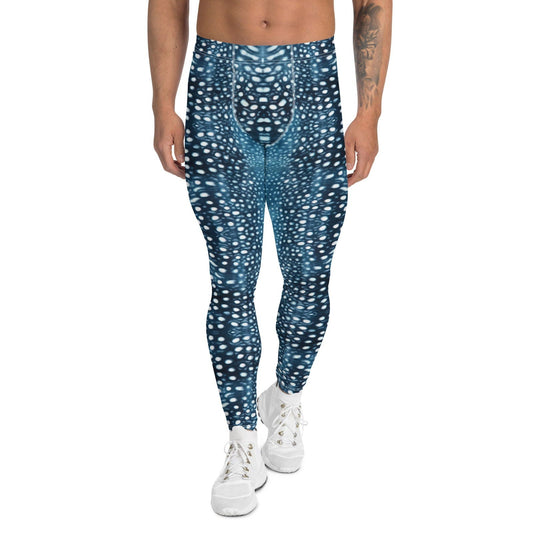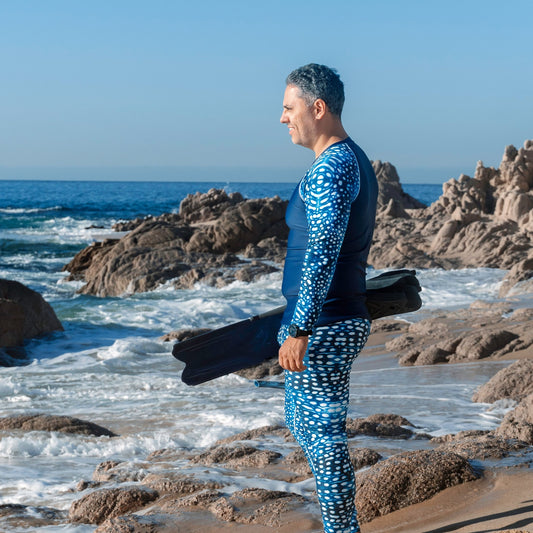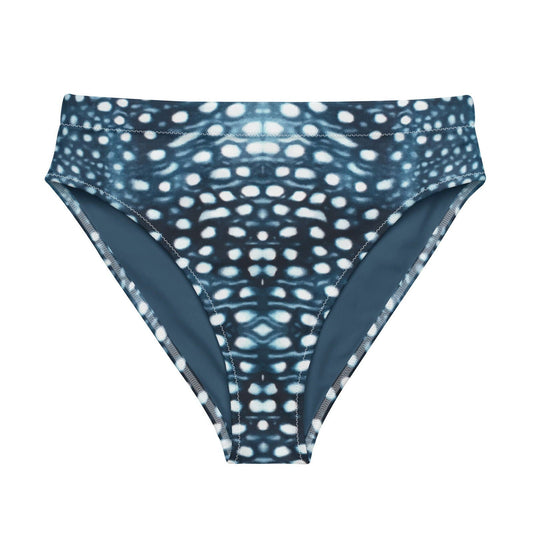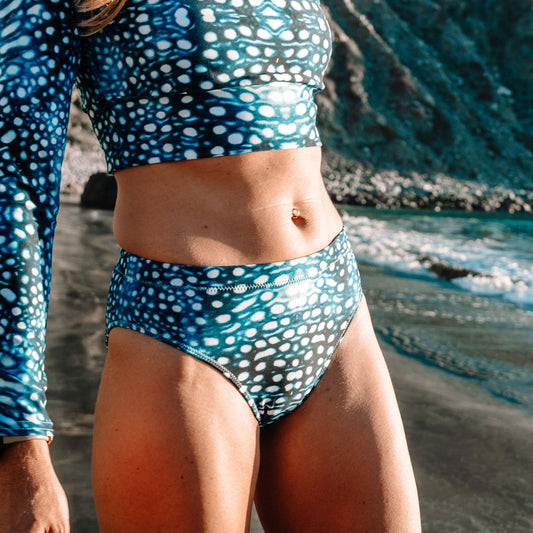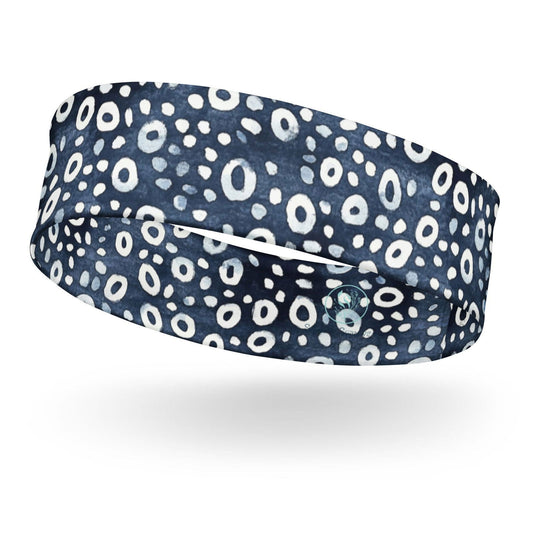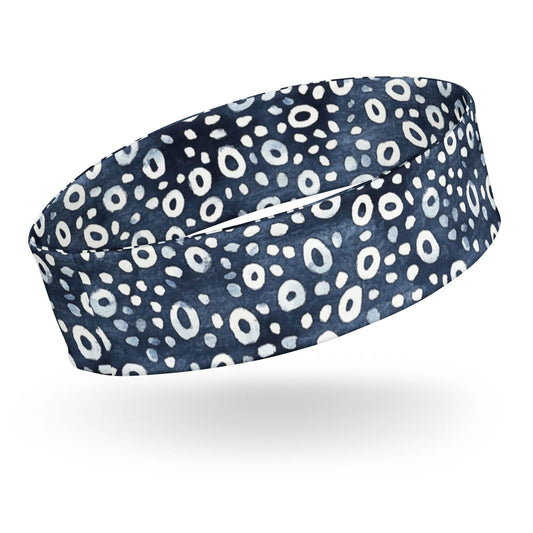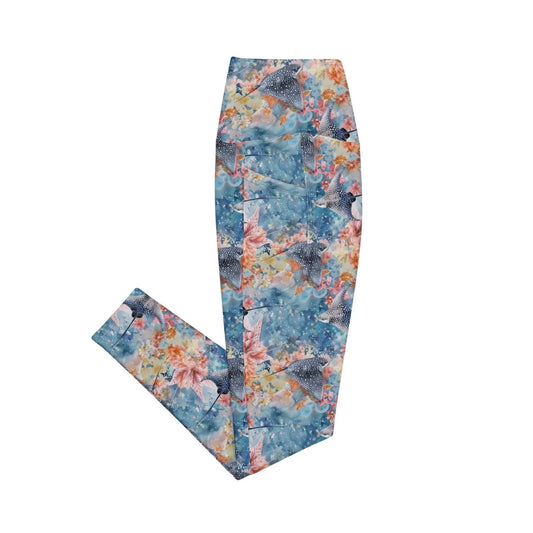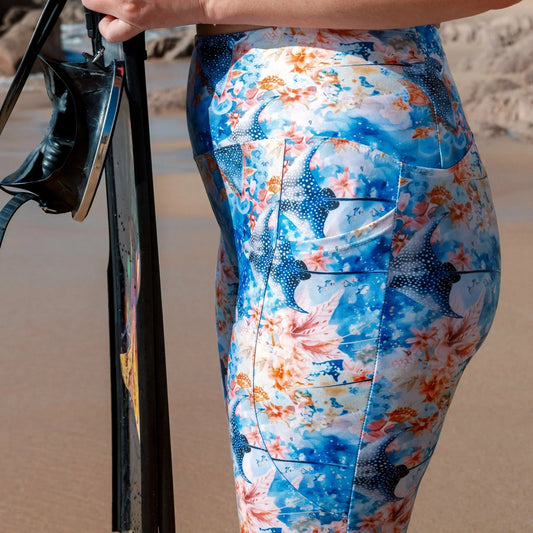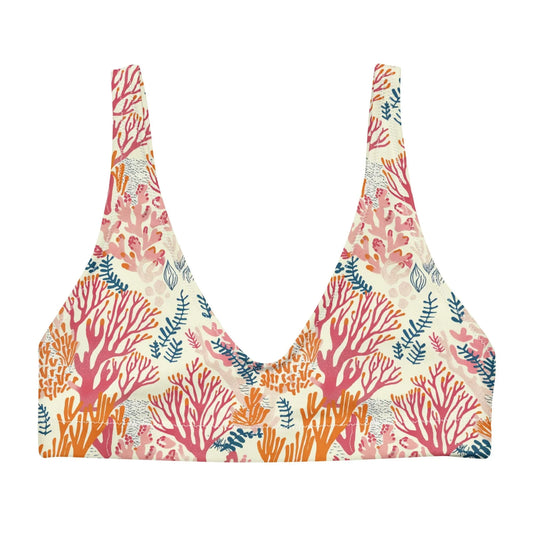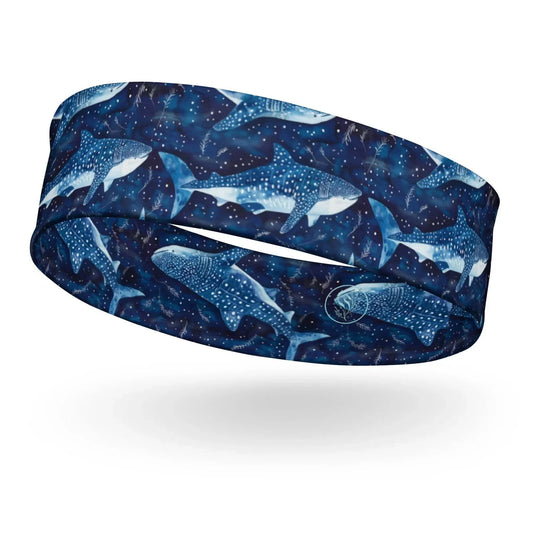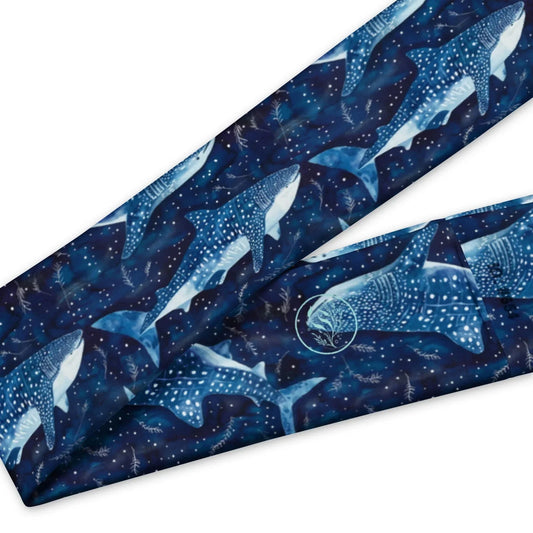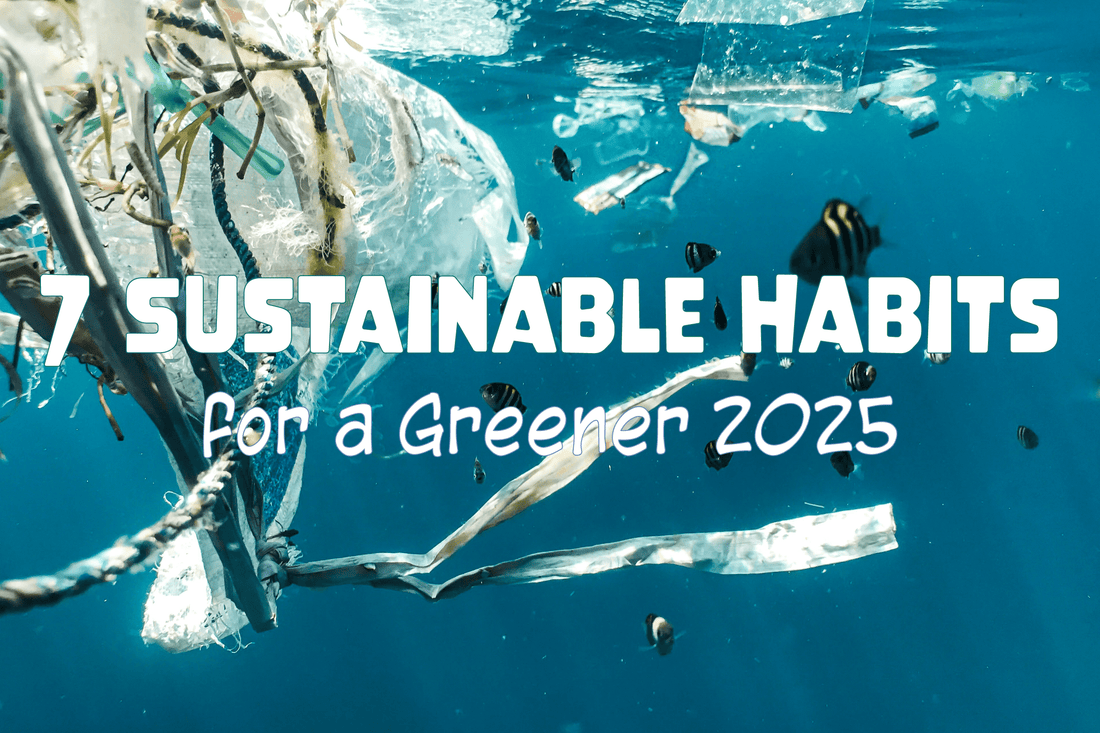
7 Sustainable Habits for a Greener 2025
Angela ZancanaroShare
The start of a new year is the perfect opportunity to reflect on our habits and adopt changes that benefit the planet. If reducing single-use plastic and embracing sustainability feels overwhelming, don’t worry—you don’t have to do everything at once. Start with just one habit, master it, and then take on another. Every small change adds up to a healthier Earth. Here are seven impactful swaps to consider for 2025:
1. Reusable Water Bottles & Coffee Travel Mugs

Over 1 million plastic bottles are bought worldwide every minute, and only about 9% of all plastic ever produced has been recycled. Disposable coffee cups, often lined with plastic, are just as problematic, with billions ending up in landfills each year.
Switching to a reusable water bottle can eliminate hundreds of single-use bottles annually, while a travel mug for coffee can prevent countless disposable cups from entering waste streams. Insulated options keep your drinks at the perfect temperature and save you money by skipping bottled beverages and café markups.
Suggested Product: The KeepCup Reusable Coffee Cup is stylish, lightweight, and barista-approved for your favorite drinks.
2. Grocery & Produce Bags

Plastic bags are a top source of pollution, with over 500 billion used annually worldwide. Many end up in oceans, where they harm marine life like turtles that mistake them for food. These bags take centuries to decompose.
Reusable bags made from cloth, canvas, or mesh are durable, washable, and can replace thousands of single-use plastic bags over their lifespan. By making this swap, you directly reduce plastic pollution and protect marine ecosystems.
Suggested Product: Lotus Sustainables offers a complete range of eco-friendly shopping solutions, including reusable trolley bags, mesh produce bags, and versatile tote bags designed to make sustainable shopping effortless and stylish.
3. Soda Water Makers for Fizzy Drinks

Plastic bottles from soft drinks are among the largest contributors to plastic waste. Coca-Cola alone produces over 3 million tons of plastic packaging annually, much of which ends up in landfills or the ocean.
Using a soda water maker eliminates the need for single-use plastic bottles, letting you enjoy sparkling drinks without guilt. Plus, you can customize flavors with natural ingredients, reducing sugar and artificial additives in your diet.
Suggested Product: The SodaStream is sleek, easy to use, and comes with reusable bottles that last for years they also have a bottle exchanange program for more gas sent directly to your home.
4. Make Your Own Compost

Organic waste that goes to landfills produces methane, a greenhouse gas significantly more potent than carbon dioxide. In the U.S., food waste accounts for about 24% of landfill content.
Composting at home turns food scraps and yard waste into nutrient-rich soil, reducing methane emissions and enriching your garden or potted plants. It’s a simple way to close the loop on waste and reduce your carbon footprint.
Suggested Product: The Lomi Smart Waste Composter is a countertop appliance that makes composting clean, easy, and odor-free. It turns food scraps into usable compost in as little as 24 hours, making it perfect for small spaces or busy lifestyles.
5. Start a “Meatless Monday”

The meat industry is responsible for 14.5% of global greenhouse gas emissions, with beef and lamb being the most resource-intensive. Raising livestock also requires vast amounts of water and contributes to deforestation.
By going meatless just one day a week, you lower your environmental impact while exploring plant-based meals that are often healthier. If every American skipped meat one day a week, it would save the greenhouse gas equivalent of taking 7.6 million cars off the road.
Suggested Product: The Hungry as Hell Cookbook (formerly Thug Kitchen) is packed with fun, easy, and plant-based recipes perfect for beginners.
6. Use a Bag to Pick Up Trash During Walks

Littered plastic, especially near waterways, quickly becomes marine debris. Over 8 million tons of plastic enter the ocean annually, endangering wildlife and disrupting ecosystems.
Carrying a reusable bag to pick up litter during your walks prevents waste from entering storm drains and oceans. This simple act inspires others, creates cleaner communities, and protects wildlife. Imagine the collective impact if everyone did this just once a week!
Suggested Product: TRSHBG Reusable Trash Bag is handmade from upcycled materials and can be worn around your waist or calf for hands-free use. It’s perfect for beach cleanups, diving, surfing, or any outdoor activity.
7. Plastic-Free Period Products

Traditional pads and tampons generate significant plastic waste, from applicators to packaging. A single menstruating person can use up to 16,000 products in their lifetime, much of which ends up in landfills or the ocean.
Reusable menstrual cups, cloth pads, and period underwear are plastic-free alternatives that drastically reduce waste. They’re cost-effective, comfortable, and environmentally friendly, making them a win for both you and the planet.
Suggested Product: Saalt offers a range of sustainable period solutions, including ultra-soft menstrual cups, reusable period disks, and absorbent period underwear. Their products are designed for comfort, flexibility, and sustainability, providing options for every lifestyle and flow.
Take It One Step at a Time
You don’t need to overhaul your entire lifestyle overnight. Pick one habit to adopt, commit to it, and then move on to the next. Each small step contributes to a larger change that benefits our environment, future generations, and the incredible ecosystems that inspire us.
💙 Which swap will you try first?
Let us know in the comments or tag us @salinity.swimwear on Instagram to share your journey! Looking for more sustainability tips? Subscribe to our newsletter and join the movement toward a greener 2025.






